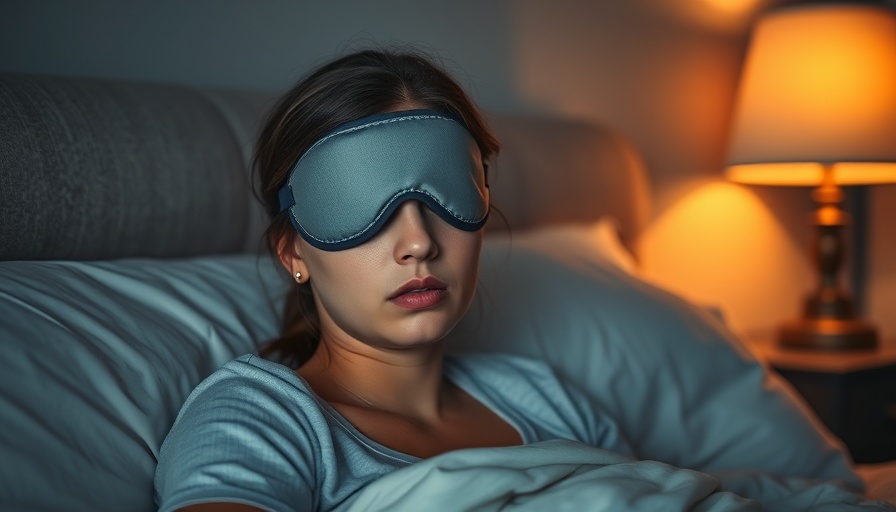
Understanding the Challenges of ADHD and Sleep
For many individuals, particularly women between the ages of 35 and 60, falling asleep amidst the buzz of a busy mind can feel impossible. This challenge is especially pronounced for those with ADHD. ADHD, or Attention Deficit Hyperactivity Disorder, affects concentration, patience, and impulse control, making it notably difficult to wind down at the end of the day. When the usual quiet signals of nightfall emerge, anxious thoughts often surface, preventing restful sleep.
Practical Strategies for Better Sleep
Creating a calming bedtime routine can significantly improve sleep quality for those with ADHD. Here are some personalized strategies that may prove effective:
- Consistent Schedule: Going to bed and waking up at the same time each day stabilizes the body’s internal clock. Aim for consistency, even on weekends.
- Wind-Down Rituals: Engage in calming activities such as reading a physical book, practicing gentle yoga, or meditation. These peaceful practices signal your brain that it's time to unwind.
- Limit Screen Time: Encourage distancing from screens at least an hour before bedtime. The blue light emitted can disrupt the production of melatonin, the sleep hormone.
- Create a Relaxing Environment: A cool, dark, and quiet room promotes better sleep. Consider using blackout curtains and white noise machines to drown out disruptive sounds.
- Mindfulness and Breathing Techniques: Practices such as deep breathing or guided imagery can help focus the mind away from an overwhelming cascade of thoughts.
Counterarguments: Navigating Misconceptions About Sleep Aids
While many might consider over-the-counter sleep aids as a quick fix, it’s crucial to evaluate potential downsides, especially for those experiencing ADHD. Research suggests that some sleep medications can lead to dependency or interfere with natural sleep cycles. Seeking alternatives that promote natural sleep can often yield more sustainable results.
Benefits of Regular Sleep
Sufficient sleep is vital for effective cognitive functioning, emotional regulation, and overall well-being, especially for individuals managing ADHD. When sleep is adequate, individuals often experience improved focus, mood stability, and the ability to handle daily stressors more effectively. Hence, investing in better sleep routines directly translates into enhanced quality of life.
Contributing Your Experience
Have you struggled with sleep as an educator or a leader in the education sector? Sharing personal stories can illuminate the broader struggles faced by many in our community. Engaging in open conversations can lend help, support, and resources, fostering a more understanding environment.
Take Action for Healthier Sleep
As we explore ways to improve our health, addressing sleep challenges is essential. Implementing some of these tips and engaging with your community on this topic can lead to meaningful changes. Don't let sleepless nights hold you back! Encourage your friends and colleagues to adopt healthier habits. By taking steps toward better sleep, the benefits will ripple through your work, personal life, and relationships.
 Add Row
Add Row  Add
Add 




Write A Comment